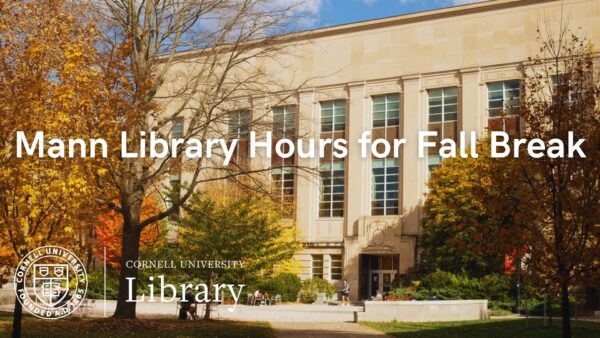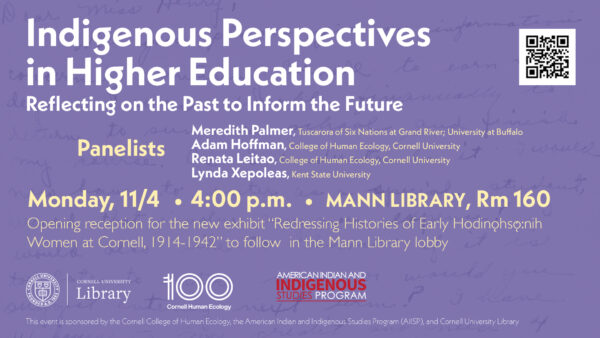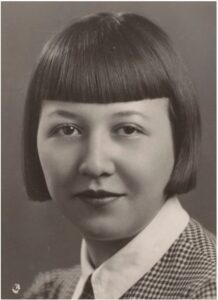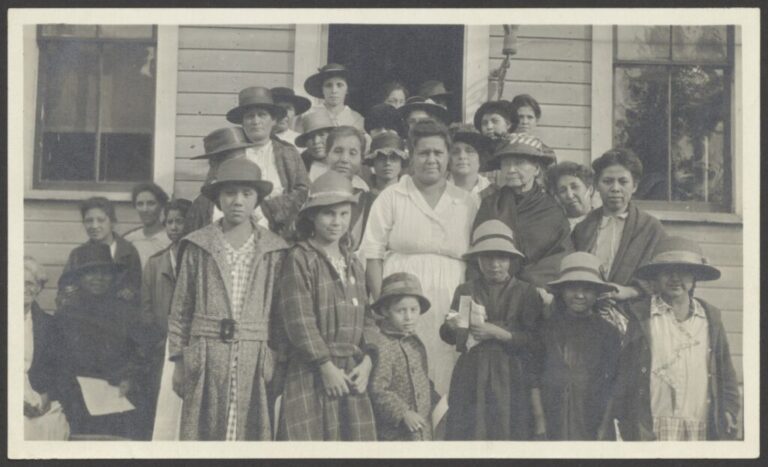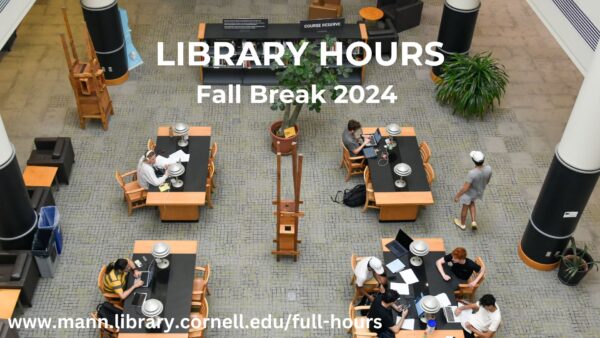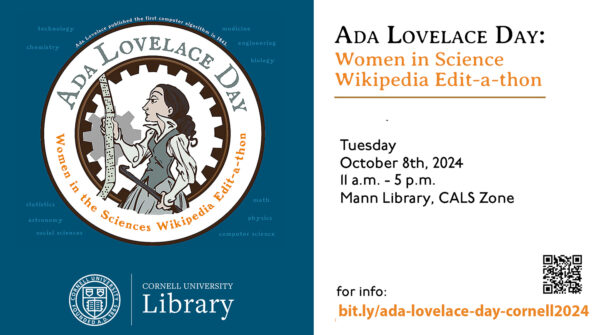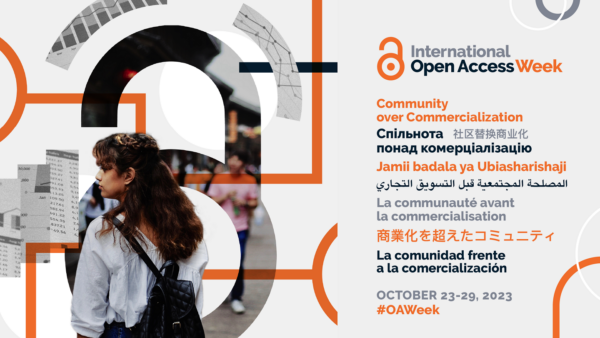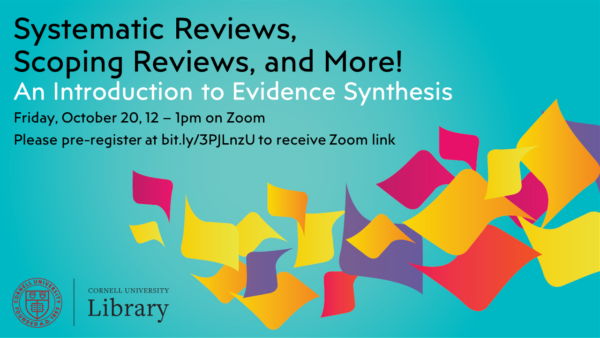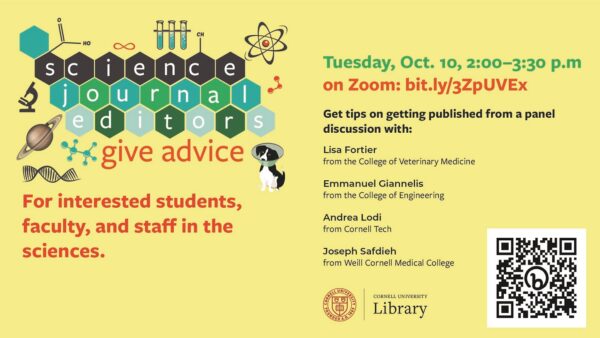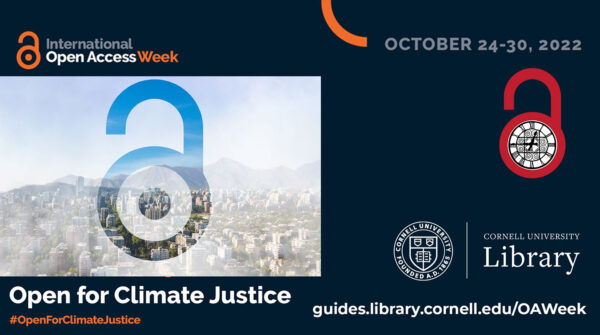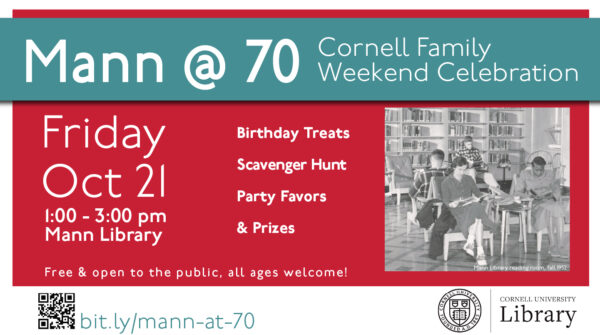The theme of International Open Access Week for 2024 (October 21-27) will continue with last year’s focus on “Community over Commercialization.” This theme contributed to a growing recognition of the need to prioritize approaches to open scholarship that serve the best interests of the public and the academic community. Taking the unprecedented step to build on this theme for a second year highlights the importance of this conversation and presents the opportunity to turn more of these deliberations into collective action.
Events Celebrating Open Access Week 2024
Open Access Week is an international event and there are many online sessions open to all. For a full list of events visit: www.openaccessweek.org/events. Here are some selections, including events hosted by Cornell University Library:
In Conversation with Open Mind, a No-fee Open Access Journal in Cognitive Science Online Event (Registration Required)
Monday, October 21, 1 – 2pm
In celebration of International Open Access Week 2024, please join us for a conversation with Open Mind, MIT Press, MIT Libraries, and Harvard Library. Although a young journal in the field, Open Mind has a history of leading the field in open access publishing. With funding from the MIT Libraries the MIT Press moved Open Mind to a diamond open access publishing model in 2022, eliminating all article processing fees for scholars and providing free access for readers and researchers alike. Building on these efforts, Open Mind will be cofunded by Harvard Library and MIT Libraries now through 2027. Open Mind is the first journal to be supported by the Harvard Open Journals Program, announced earlier this year to advance and sustain no-fee open access scholarly publishing. For this conversation, panelists will discuss the journal’s flip to no-fee OA, stabilizing and sustaining the journal through cooperative funding, the benefits and challenges of no-fee OA publishing-and why it is worth pursuing.
Free and open to the public. Available online via Zoom. Registration required.
Talk to an Expert @ Klarman Hall Atrium (In-Person Event)
Tuesday, October 22, 12 – 2pm
Find our table in the Klarman Atrium. We can answer questions about open access publishing, your rights as an author, and how we support OA at Cornell University.
CUL Task Force on Investment in Sustainable Scholarship Update Online Event (Zoom TBA)
Thursday, October 24, 1pm – 2pm
The Task Force on Investment in Sustainable Scholarship for Cornell was convened last year to propose strategic directions in various areas of scholarly communication. Co-chairs Jim Del Rosso and Kizer Walker will give a brief progress report on the work of the Task Force and present a set of high-level sustainable scholarship principles drafted by the group for discussion during the talk.
Rereading a Heroic Legacy: How AIDS Built the LGBT Equality Movement Online Event (Registration Required)
Thursday, October 24, 2-3pm
In celebration of Open Access Week, the University of Chicago Library will host a webinar on October 24 featuring author John-Manuel Andriote discussing why he chooses to prioritize community over commercialization by granting open access to his book, Victory Deferred: How AIDS Changed Gay Life in America. To mark the book’s 25th anniversary, Andriote as the rightsholder has chosen to turn Victory Deferred into an open access book for anyone around the world. He explains, “The value of Victory Deferred to the LGBT and broader American community—in its many accounts and insights from firsthand interviews with heroes and pioneers in the HIV-AIDS epidemic and the LGBT equality movement—exceeds my own commercial interests in the book.” Please join us for a discussion of why open access to an award-winning title matters societally and intellectually, especially in the face of continuing oppression against the fight for equality.
Free and open to the public. Available online via Zoom. Registration required.
Talk to an Expert @ Mann Library Lobby (In-Person Event)
Friday, October 25, 12pm – 2pm
Find our table in the Mann Library lobby. We can answer questions about open access publishing, your rights as an author, and how we support OA at Cornell University.
To learn more about how Cornell University Library supports open access throughout the year, visit our Open Access Week 2024 guide.
